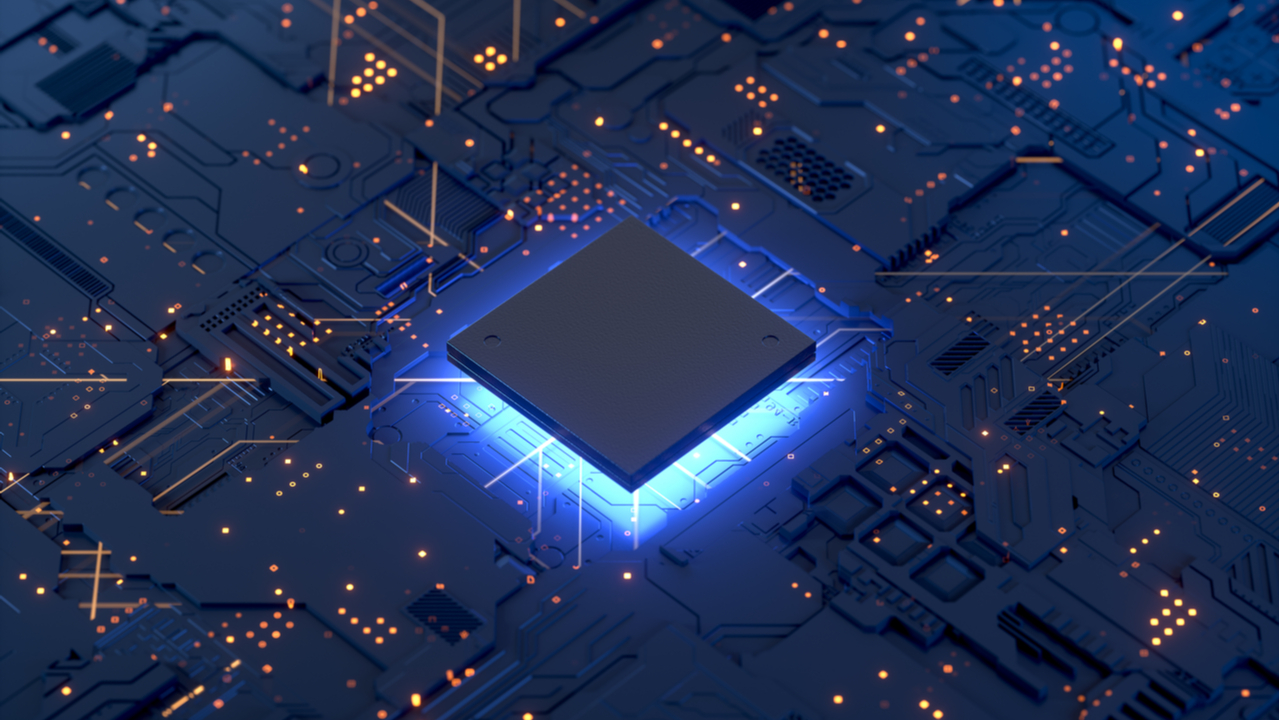KEYNOTE SPEAKERS

Dr. Yuan-Chen Sun
Chair Professor, NYCU
Dr. Yuan-Chen Sun obtained his Ph.D. from the University of Illinois at Urbana Champaign. After working in IBM for more than a decade, he returned to Taiwan and devoted his skills and knowledge to Taiwan Semiconductor Manufacturing Company (TSMC). After twelve years of dedication, he retired from the position of Chief Technology Officer and joined National Yang Ming Chiao Tung University as a chair professor, shifting focus to academic work and the nurturing of a new generation of elites in the field of advanced semiconductor technology.

Dr. Hiroshi Iwai
Distinguished Chair Professor, NYCU
Prof. Hiroshi Iwai was born in Tokyo, Japan and received B.E. and Ph.D. degrees from the University of Tokyo. He worked at Toshiba corporation from 1973 to 1999, developing NMOS, CMOS, BiCMOS, and mixed signal LSI technologies and products. In 1999, he moved to Tokyo Institute of Technology and conducted nano CMOS research until 2020. In 2020, he received the Yushan Scholar title from the Taiwan government and joined the International College of Semiconductor Technology (ICST), National Yang Ming Chiao Tung University as a vice dean and distinguished chair professor till this day. Beside his current position in ICST, he's also a professor emeritus of Tokyo Institute of Technology, Japan. His received awards include IEEE J.J. Ebers Award, Yamazaki Teiich Prize, IEEE Paul Rapapport Award, IEEE Cledo Brunetti Award, ECS Thomas Callinan Award, and ECS Gordon E. Moore Medal. He is a life fellow of IEEE, a life member and fellow of ECS, and a fellow of IEEJ, IEICE, and JSAP.

Dr. Seiji Samukawa
Professor, Tohoku University
Joined NEC in 1981 after graduating in Instrumentation Engineering from Keio University. Worked on the research and development of ultra-precise plasma etching processes for ULSI devices. Promoted to Principal Researcher in Microelectronics Research Laboratory, NEC Corporation. Obtained a Ph.D. in Keio University in 1992. Since July 2000, he has been a full professor at Tohoku University, where he is currently Professor of the Innovative Energy Research Center at the Institute of Fluid Science (IFS) Tohoku University. He is also a Principal Investigator (PI) at Advanced Institute for Materials Research (AIMR) Tohoku university, Fellow of National institute of advanced industrial science and technology (AIST) and also Chair Professor of National Chiao Tung University. His significant scientific achievements earned him Ichimura Award (2008) in the New Technology Development Foundation, Prizes for Science and Technology; The Commendation for Science and Technology by the Minister of Education, Culture, Sports, Science and Technology (2009), Plasma Prize in American Vacuum Society (2010) and IEEE NTC Distinguished Lecturers (2019). Additionally, he has been elected as a "Distinguished Professor" of Tohoku University, a "Fellow" of the JSAP since 2008, a "Fellow" of AVS since 2009 and a also "Fellow" of IEEE since 2018.

Dr. Kazyua Masu
President, Tokyo Institute of Technology
Kazuya Masu has served as the president of Tokyo Tech since April 1, 2018. His flexible, dialogue-based leadership has guided the Institute during a time of important transformation, uniting Tokyo Tech's diverse research centers, laboratories, and units into one integrated hub. Together with his profound understanding of Tokyo Tech, Masu's ability to inspire and manage change through collaborative teamwork continues to propel the Institute toward the achievement of a shared vision. A specialist in electronic devices, integrated circuits, and wireless sensor networks, Masu earned his bachelor's, master's, and doctoral degrees in engineering from Tokyo Tech in 1977, 1979, and 1982 respectively. In April 1982, he took an assistant professor position at the Research Institute of Electrical Communication at Tohoku University, where he became associate professor in 1993. In June 2000, Masu returned to Tokyo Tech as professor at the Precision and Intelligence Laboratory. He subsequently held professorial positions at the Integrated Research Institute from 2005 to 2010, the Solutions Research Laboratory from 2010 to 2014, and the Frontier Research Center from 2014 to 2016. For the two years prior to his inauguration, Masu served as the first director-general of the Institute of Innovative Research.
SESSION SPEAKERS

Dr. Tuo-Hung Hou
Distinguished Professor, NYCU

Dr. Kai-Shin Li
Division Director, TSRI
Kai-Shin Li received the B.S. degree in department of physics from the Fu-Jen University, in 2001, and the M.S. and Ph. D degree in department of physics from the National Taiwan University, in respectively 2004 and 2011. His thesis related to magnetic tunneling junction (MTJ) was selected as The Best Thesis Award from Taiwan Association for Magnetic Technology. He has the many experiences in electronic application from Industrial Technology Research Institute (ITRI) cooperation during his M.S. and Ph. D degree careers. In March of 2010, he works on Oak Ridge national laboratory to learn the scanning electron microscope with polarization analysis (SEMPA) and the ultra-high vacuum system. The main research fields in Taiwan Semiconductor Research Institute are Non-volatile memory device fabrication and integration, 2D material from 2012 to now.

Dr. Masaharu Kobayashi
Associate Professor, The University of Tokyo

Dr. Edward Yi Chang
Dean, ICST, NYCU

Dr. Heng-Tung Hsu
Professor, NYCU

Dr. Takashi Matsuoka
Professor, Tohoku University

Dr. Akihiko Chiba
Professor, Tohoku University

Dr. Wen-Hao Chang
Distinguished Professor, NYCU

